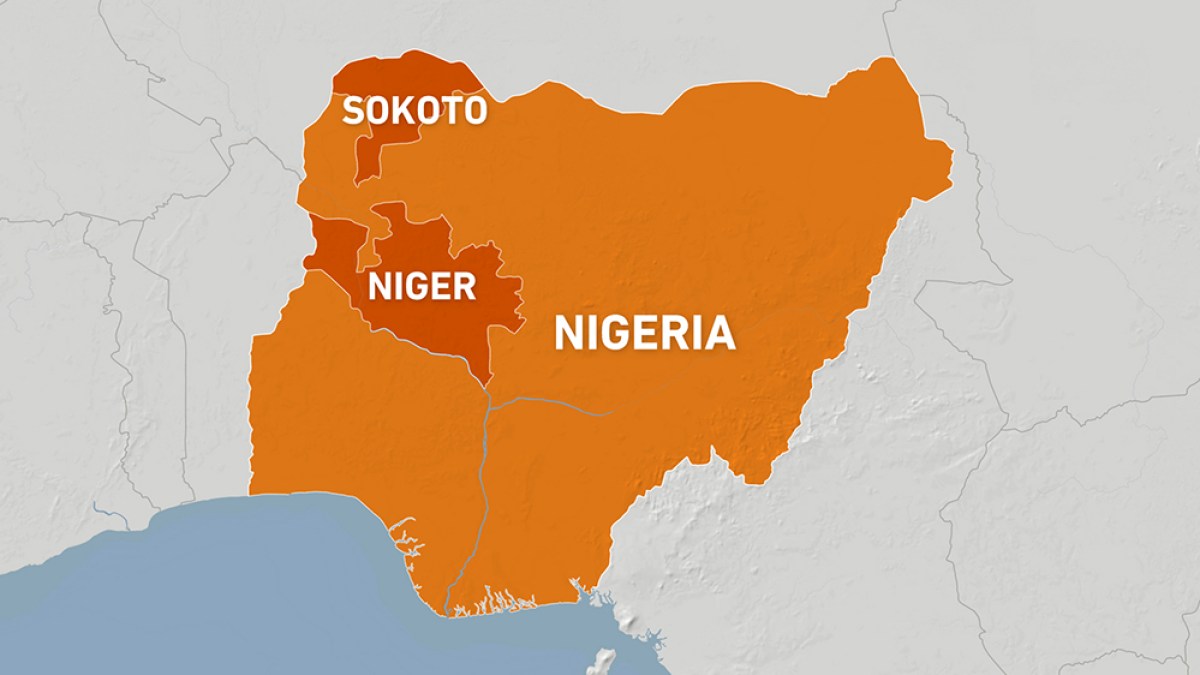World Court Issues Landmark Ruling on Climate Change: Key Implications and Expectations

The International Court of Justice (ICJ) is on the brink of delivering its first advisory opinion regarding climate change, a development that is anticipated to set significant precedents in the realm of international law. The announcement will be made on Wednesday at 3 p.m. local time in The Hague, Netherlands, following extensive deliberations that have involved tens of thousands of pages of written submissions and two weeks of oral arguments.
During this historic case, the ICJ’s 15 judges are tasked with synthesizing various elements of environmental law to establish an international standard regarding nations’ responsibilities in combating climate change. The advisory opinion is expected to span several hundred pages and will elucidate the obligations of countries to mitigate climate change and the implications for those that fail to meet these responsibilities.
This pivotal case was initiated by Vanuatu, a small island nation in the South Pacific, along with other supporting countries, posing critical questions about the role nations have in addressing the climate crisis. While major fossil fuel-producing countries assert that existing legal frameworks under the United Nations Framework Convention on Climate Change (UNFCCC) sufficiently capture their obligations, climate advocates are urging the court to adopt a broader perspective. They seek to incorporate principles of human rights and maritime law into the court’s considerations.
Vanuatu has called upon the judges to take into account “the entire corpus of international law,” emphasizing the ICJ’s unique authority to address such multifaceted issues. In addition, the court will explore whether legal ramifications should follow for nations contributing significantly to the climate emergency. Countries like the United States, noted for their historical greenhouse gas emissions, have highlighted that the Paris Agreement does not specifically mandate direct reparations for past environmental damage.
Discussions surrounding accountability are often sensitive among nations during climate negotiations. Nonetheless, a consensus was reached at the 2022 UN talks, where affluent nations committed to establishing a fund aimed at assisting vulnerable states grappling with the repercussions of historical pollution.
Vanuatu’s Minister for Climate Change, Ralph Regenvanu, expressed optimism, stating the expectation that the ICJ will reaffirm the legal obligations of states to address climate change, thereby respecting the self-determination rights of other nations. He asserted that past colonial practices should not impede current actions, calling for reparations from countries whose activities have exacerbated the crisis.
For many in the Pacific, such as student leader Vishal Prasad, the stakes are personal and profound. He articulated the anxiety felt by youth in affected nations like Kiribati and Tuvalu, who confront the tangible impacts of climate change daily. This ongoing struggle aligns with the cultural ethos of “wayfinding,” which celebrates the need for corrective actions when paths go astray, underscoring the urgent need for regulatory introspection in global climate efforts.
The ICJ’s impending ruling holds promise not only for shaping international climate accountability but also for amplifying the voices of those most affected by climate change. The outcome could pave the way for a more equitable and responsible approach to environmental stewardship on a global scale.
#ClimateNews #WorldNews




